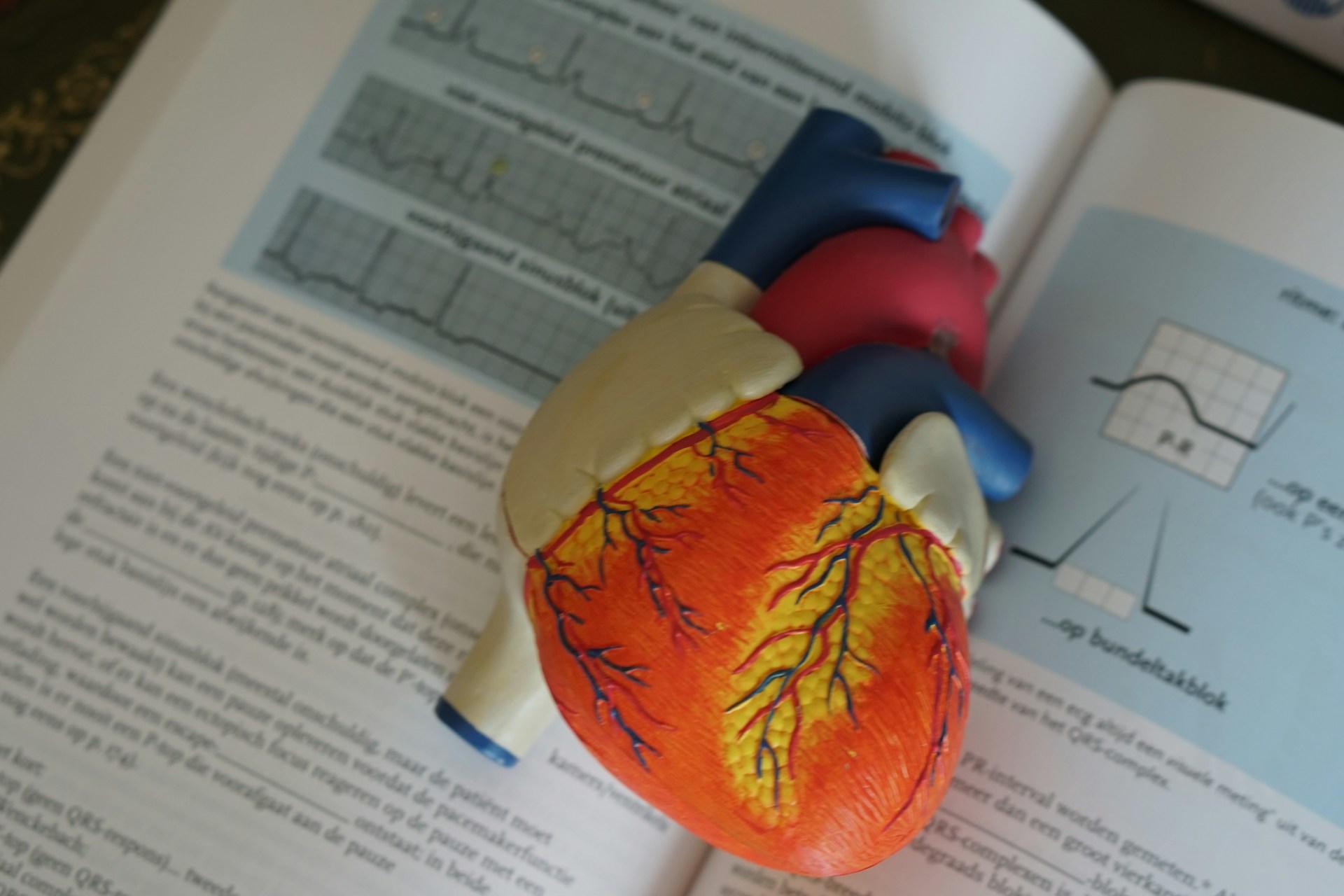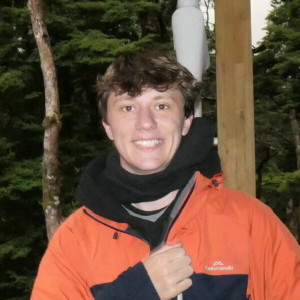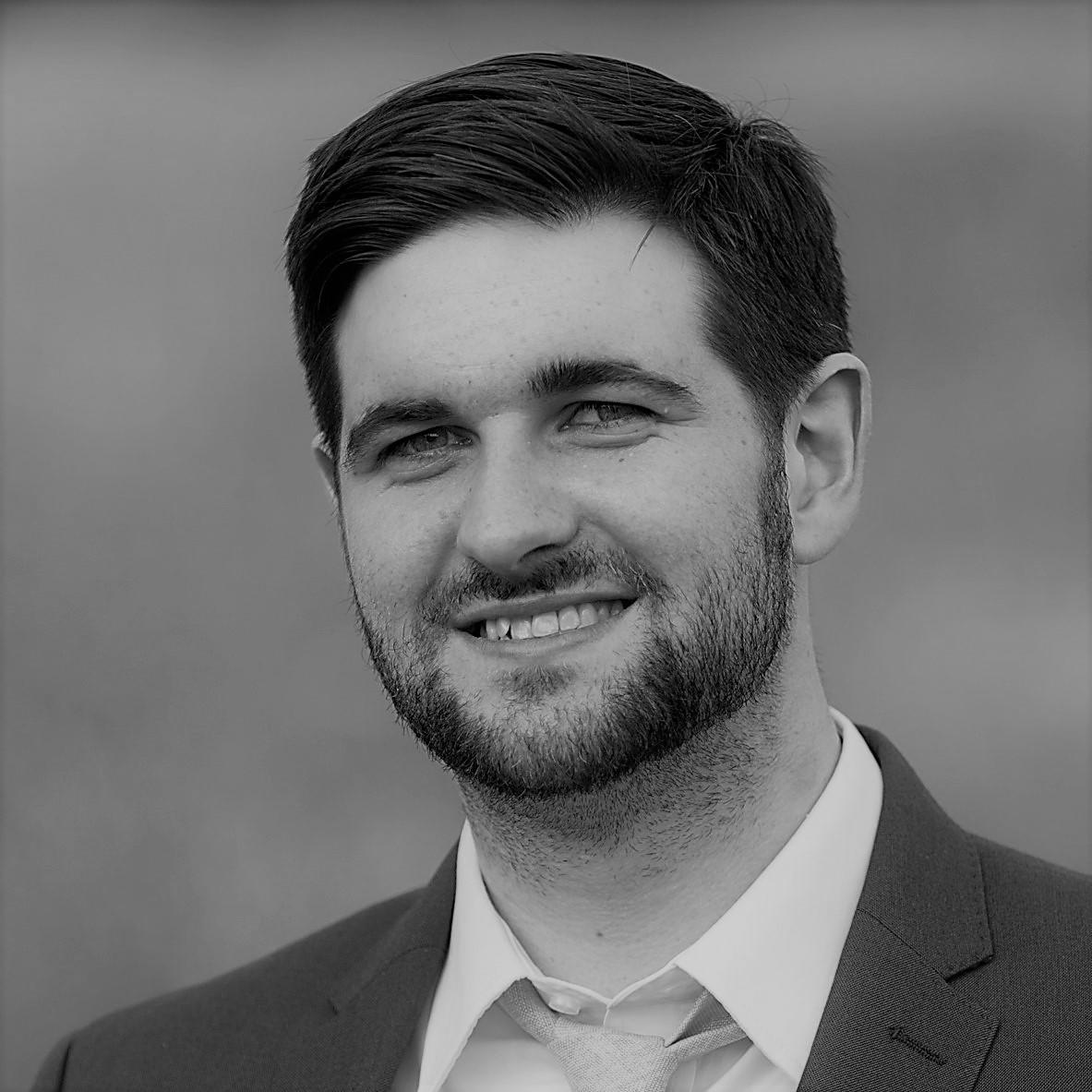Across the 8 universities in New Zealand, there is a range of medical courses. However, there are only 2 medical schools in the country for aspiring doctors. The School of Medicine at the University of Auckland is one of them.
Otago Medical School at the University of Otago is the other. Here, we'll look at the Otago Medical School, its courses, and how you can study there.

An Introduction to the Otago Medical School
The Otago Medical School comprises several schools under the umbrella of the Division of Health Sciences.
The Otago Medical School comprises several schools of medicine: The Dunedin School of Medicine, the University of Otago Christchurch School of Medicine, and the University of Otago Wellington School of Medicine.
Throughout this article, we'll refer to it generally as the Otago Medical School, encompassing the three component schools of medicine and the broader Division of Health Sciences that offer the various courses we'll be looking at.
The Dunedin School of Medicine opened in 1875 and was the start of the Otago Medical School. The medical school had a relationship with the University of Auckland until it opened its own School of Medicine in 1968.
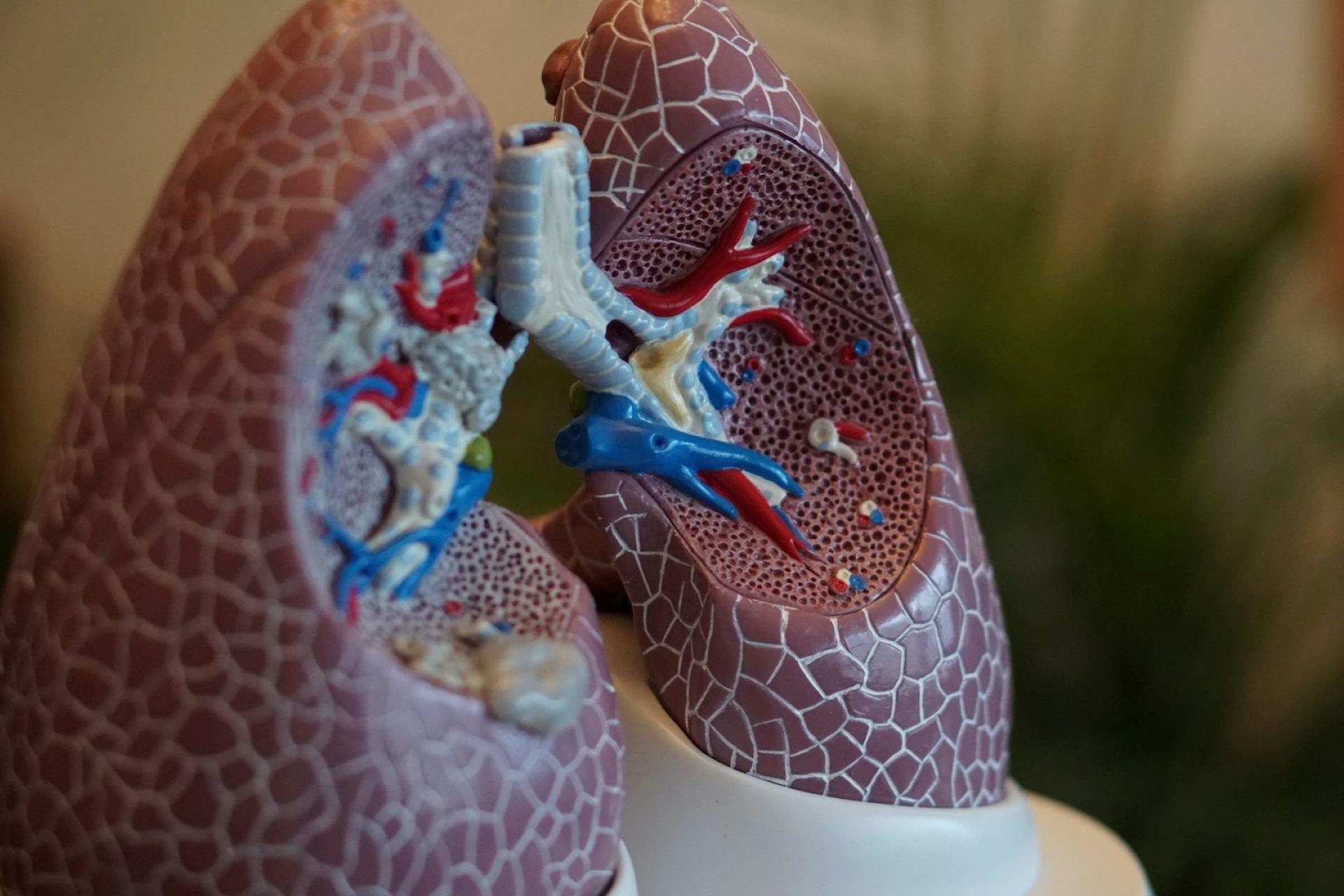
Courses at the Otago Medical School
At the University of Otago, several medical courses are available through the Otago Medical School.
These include the Bachelor of Health Sciences, Bachelor of Medical Laboratory Science, and the Bachelor of Medicine and Bachelor of Surgery.
Bachelor of Health Sciences (BHealSc)
The Bachelor of Health Sciences (BHealSc) degree focuses on the skills needed to work promoting health and health initiatives in communities.
This qualification is very career-focused, like the others in the Otago Medical School. It aims to provide students with direct routes into specific careers.
The degree offers majors in community health care, Maori health, Pacific and global health, and public health. Each major is designed to equip students with the specific skills and knowledge needed for careers in these areas.
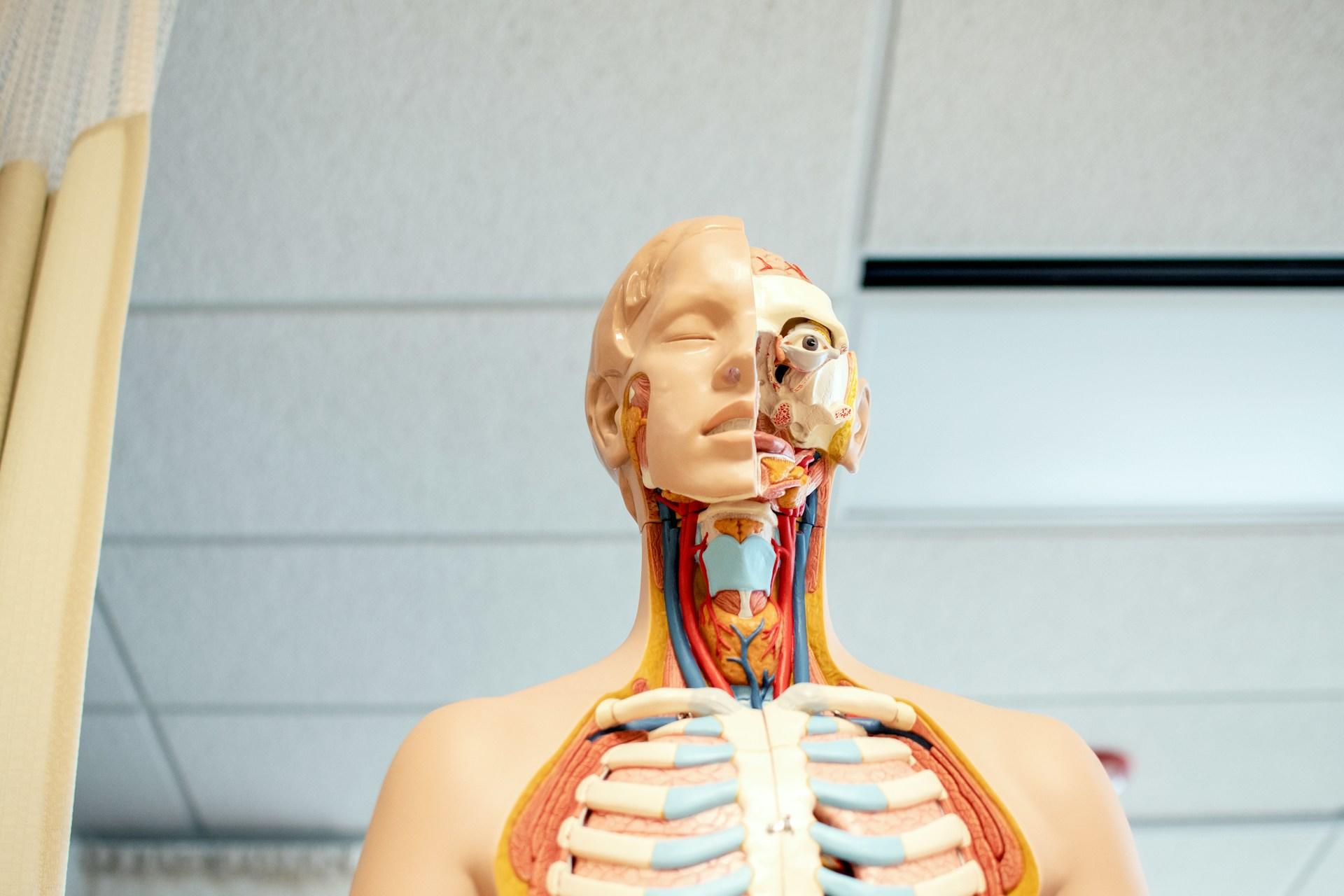
Community health care focuses on supporting the health and well-being of the community. This is an option for people interested in developing a multidisciplinary understanding of health, well-being, and the health system.
Maori health focuses on connecting with whānau aspirations for hauora. Graduates majoring in Maori health can take up roles within Māori health, public health, healthcare, disability and social services sectors that work directly with communities and their organisations.
Majoring in Pacific and global health will provide graduates with a global perspective of health and well-being, focusing on Pacific people and communities across New Zealand and the Pacific.
The public health major focuses on the broader health sector, including government and non-government organisations. The postgraduate public health programme, the Postgraduate Diploma in Public Health (DPH), is also available.
Bachelor of Medical Laboratory Science (BMLSc)
With over 70% of medical decisions based on lab results, modern medicine couldn't work without medical laboratory science.
The Bachelor of Medical Laboratory Science is the only way for undergraduates in New Zealand to qualify as medical laboratory scientists.
In the same way that the Bachelor of Health Sciences degree is career-focused, the Bachelor of Medical Laboratory Science can lead directly to work as a medical laboratory scientist.
Of course, the skills taught on this degree are transferable to other careers, too, including medical diagnostics, medical research and development, biotechnology, mortuary technology, laboratory and healthcare management, veterinary pathology and diagnostic testing.
This course typically takes four years of full-time study, and like the other degrees, the first year is a general Health Science First Year (HSFY) or equivalent first year.
After that, students can specialise in clinical biochemistry, hematology, microbiology, histology, immunology, or molecular pathology.
After the degree, students can also continue to specialise through postgraduate study. There are also options to focus on scientific research, translational science, or forensics.
The Bachelor of Medical Laboratory Science degree can also be used for postgraduate application to Health Professional programmes like Medicine or Dentistry at Otago Medical School.
Bachelor of Medicine and Bachelor of Surgery (MB ChB)
For those interested in becoming doctors, this is the course where you graduate as a doctor. This is a six-year full-time course.
Students can either start with the Health Sciences First Year (HSFY) or bypass Year 1 if they apply through an alternate or graduate entry (more on that later).
Following this, the second and third years are dedicated to Early Learning in Medicine. The ELM curriculum is designed to provide a comprehensive understanding of clinical skills, early professional experience, and integrated cases, ensuring that students are well-prepared for their future roles as doctors.
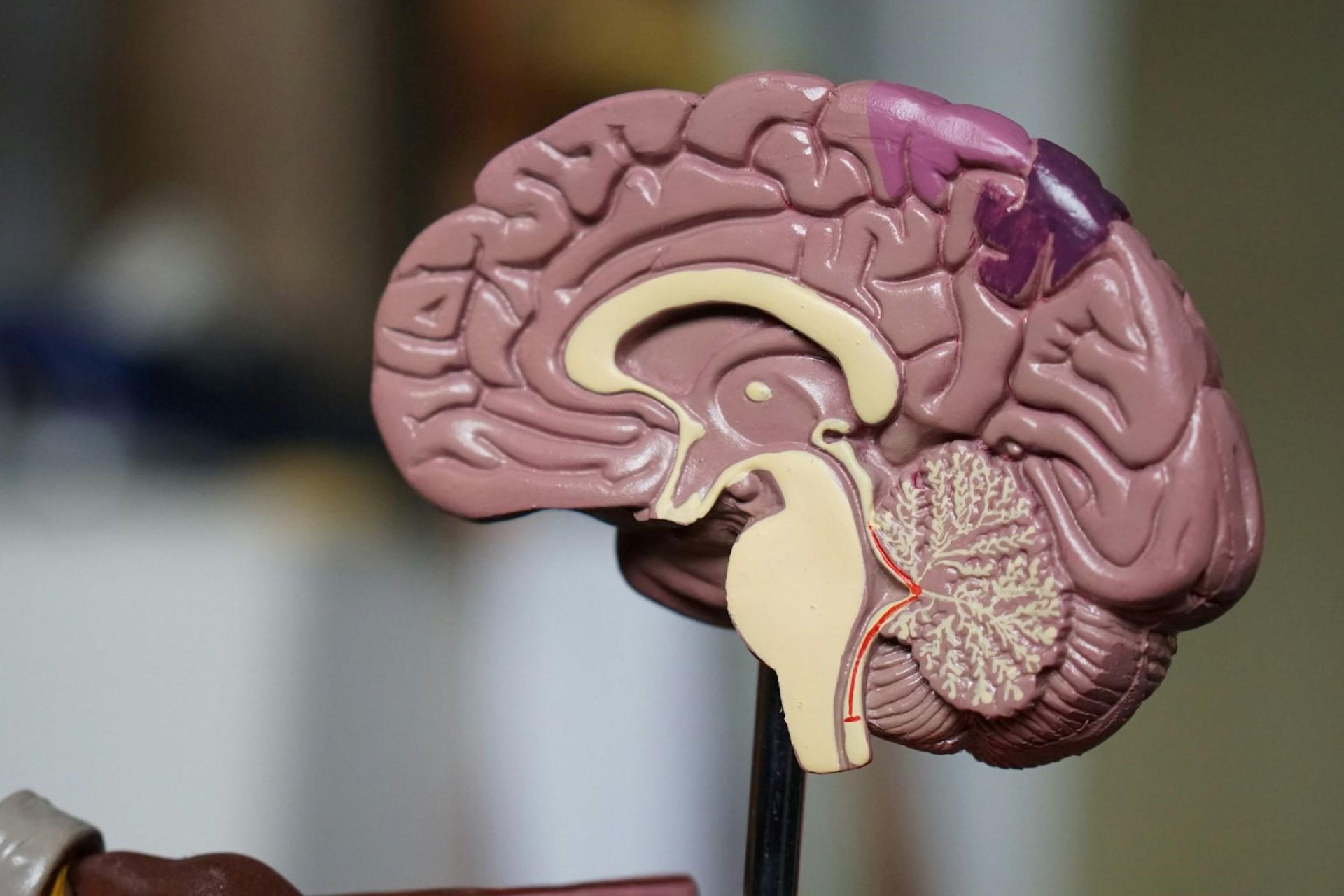
Students will learn about medical sciences like anatomy, physiology, pathology, microbiology, biochemistry, pharmacology, and behavioural science.
The Early Professional Experience (EPE) is a key part of this, providing students with a supportive environment to gain knowledge of doctors' roles and responsibilities and the healthcare environments in which they work.
The last three years of the course cover Advanced Learning in Medicine. Students in Year 4 will experience clinical environments across various disciplines, experiencing a range of specialties.
Some Year 5 students can spend time in a rural centre through the Rural Medical Immersion Programme.
Year 6 is the trainee intern year and is like an apprenticeship. This year focuses on developing patient care, teamwork, and professionalism.
Advanced research opportunities, summer studentships, and an intercalated PhD are also available.
Entry Requirements for the University of Otago School of Medicine
Every course has its own requirements, but here, we'll focus on applying to the Bachelor of Medicine and Bachelor of Surgery (MB ChB).
Applications to Otago Medical School for the MB ChB are dealt with by the Medical Admissions Committee and divided into three different kinds of application depending on your situation:
- University of Otago Health Sciences First Year Applications
- Graduate Applications
- Alternative Applications
Health Sciences First Year Applications
This application is for those already enrolled in the Health Sciences First Year (HSFY) course at the University of Otago.
These applicants are expected to have passed all the prescribed papers for the HSFY with an average of at least 65% across their best seven papers.
They must also have passed the HSFY English Diagnostic or ENGL 128 (Essentials of Communication).
Like applicants for other medical degrees, HSFY applicants must also have passed the UCAT at the threshold determined by the Medical Admissions Committee for that year. The UCAT is a standardised test used to assess a candidate's cognitive abilities, attitudes, and behavior, and is an important part of the selection process for medical schools in New Zealand.
For example, in 2025, the UCAT thresholds are:
- Verbal reasoning: 20th percentile or higher
- Situational judgement: 10th percentile or higher
HSFY applicants can only apply once.
Graduate Applications
Graduate applications are for those who've already completed a degree in New Zealand within three years of their application date.
Graduate applicants must also complete the UCAT in the year they apply at the abovementioned thresholds. Again, these are subject to change.
Graduate applicants will be given an admission score based on their academic qualifications. The Otago Medical School has a Weighted GPA Spreadsheet that you can use to calculate your score.
Graduate applicants must complete the online application form just like the HSFY applicants.
They must also provide their current academic records unless they've already studied at Otago. The university will already have these and can access them when you apply.
Alternative Applications
The Alternative Category of applications is a pathway to ensure applicants with "broad life experiences, skills and perspectives" make it into the medical program at the Otago Medical School.
Applicants can only apply once as an Alternative Category and must not be eligible for the other two admission categories that we've outlined so far.
The requirements for alternative applications are any of the following:
- A degree from a New Zealand university
- An overseas degree equivalent to the NZQF Level 7 from within the last three years
- A master's or doctoral degree
- Health-related professional experience in a relevant field
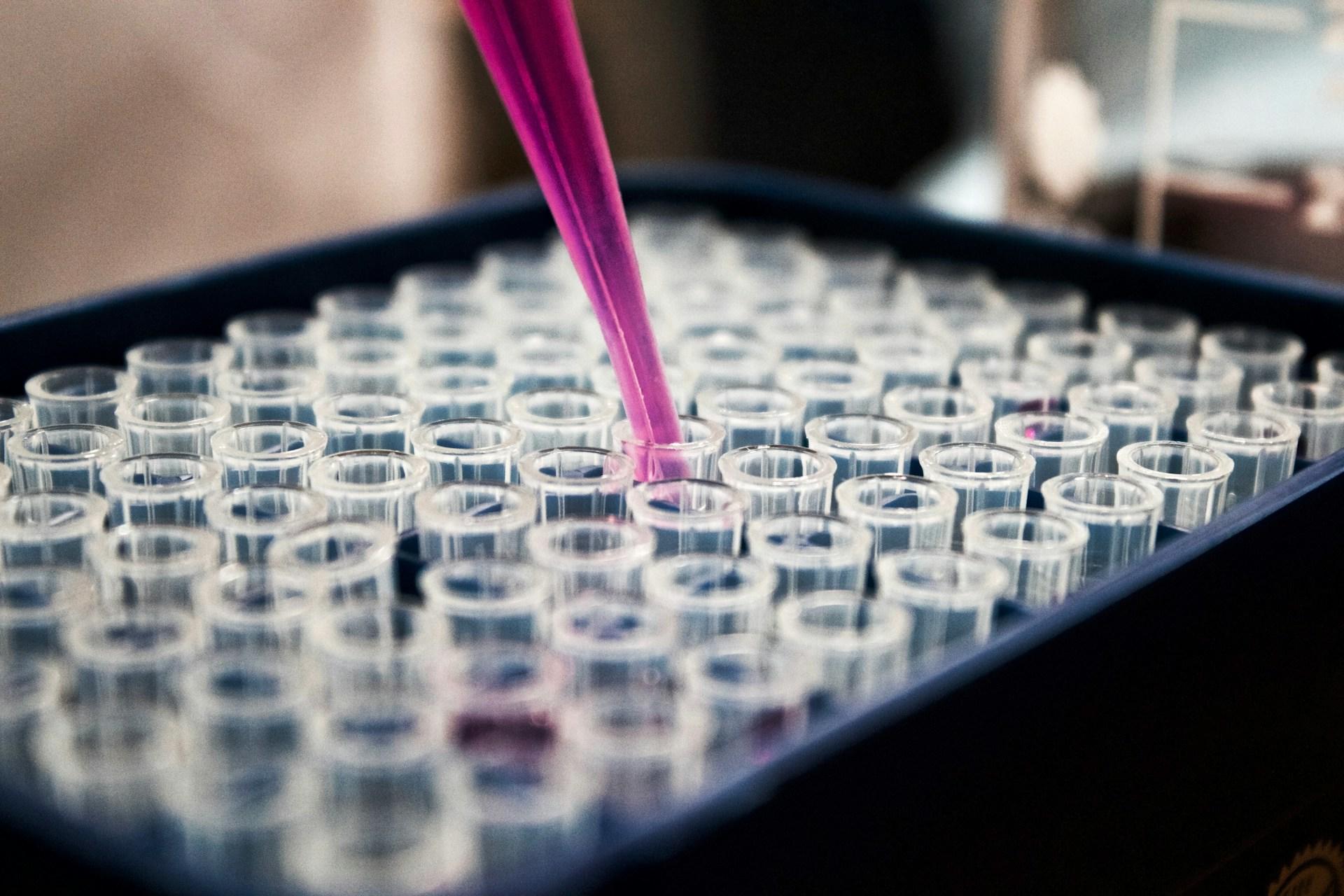
Get Help with Studying Medicine from a Private Tutor
Whether it's to get through your HSFY or during your studies, it's normal to find some things challenging.
Luckily for you, plenty of private tutors can help you with almost any subject or skill you can think of.
To find a tutor, search for them on the Superprof website. You can search by subject and location, find tutors near you, or find online tutors.
For hands-on subjects, it's usually better to opt for face-to-face tutors. Still, online tutoring is often as effective and cheaper for most academic subjects.
For students on a budget, group tutoring is also available. This means that your sessions won't be tailored specifically to you and what you want to learn, but if you and a few of your fellow classmates could benefit from tutoring, it's an excellent way to split the cost of the tutor's time and expertise.
Search for a medical tutor on Superprof today!
Summarise with AI:

